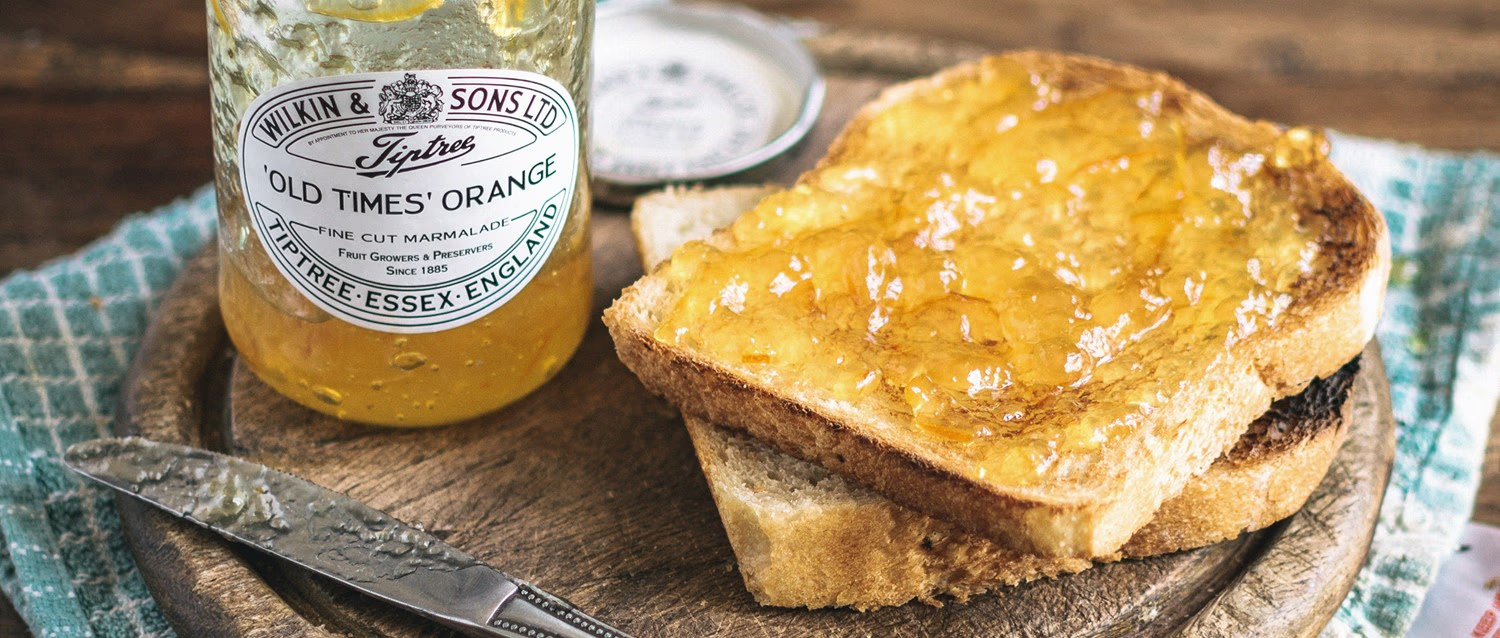
Can burnt toast really cause cancer?
Peer reviewed by Dr Colin Tidy, MRCGPLast updated by Dr Sarah Jarvis MBE, FRCGPLast updated 26 Nov 2018
Acrylamide is a chemical formed when starchy foods, such as potatoes and bread, are cooked at high temperatures. Many scare stories have linked this chemical to an increased risk of cancer, but what's the truth?
In this article:
Sometimes I feel the only way to avoid cancer headlines would be to move to a desert island (obviously without internet connection).
But rumours are still swirling about acrylamide, likely because of a campaign nearly two years ago from the Food Standards Agency about how we should all stop burning our toast. Well, to be precise, we should stop eating burnt toast, dark brown roast potatoes or parsnips on a regular basis, turning the toaster dial down instead to provide no more than a light golden yellow.
Continue reading below
What does the evidence say?
The warning came after studies of rodents exposed to high levels of acrylamide saw their risk of developing some forms of breast, testicular and thyroid cancer increased.
But several reviews of evidence for a possible link with cancer in humans have proved inconclusive. At least in part, because it wouldn't be ethical to divide a group of humans randomly in two and feed half of them a possible cancer-causing agent.
The World Health Organization has classified acrylamide as 'probably carcinogenic to humans'. But Cancer Research UK's website highlights a 2007 study following 100,000 US nurses over 20 years, with regular questionnaires about their eating habits. They found that these women's intake of acrylamide was not linked to their risk of cancer.
Acrylamide is produced in starchy foods (like potatoes, parsnips and bread) when cooked at high temperatures above 120°C. Toasting, frying or roasting does the trick, and levels rise with length at this temperature - so levels are lower in boiled or mashed potatoes. Biscuits, breakfast cereals and cakes can also contain acrylamide. Storing foods like potatoes and parsnips in the fridge may raise their free-sugar levels, meaning they produce more acrylamide when cooked.
Patient picks for Bowel cancer
Should you step away from the toaster?
Taken on its own, I won't be losing too much sleep over acrylamide. Animal studies showing a link with cancer involved levels 1,000 to 100,000 higher than those in the human diet. The Food Standards Agency certainly isn't suggesting that the odd roast potato contains enough acrylamide to do any harm on its own.
In fact, you'd have to have a serious chip habit to put yourself in harm's way. Most humans take in 0.3 to 0.8 micrograms/kg of body weight daily - while the European Food Standards Agency suggests risk starts with daily intake levels of 170 micrograms/kg body weight.
I'd far rather my patients gave up smoking (cigarette smoke contains acrylamide, in case you're wondering) than deprive themselves of the odd piece of crunchy toast.
Fried food, of course, is high in calories, and creates a link between obesity and cancer, including breast, bowel, cervical and kidney cancers. The Food Standard Agency's advice to eat a varied and balanced diet is sensible. But it's the same message I, and thousands of other doctors, have been banging on about for years.
Article History
The information on this page is written and peer reviewed by qualified clinicians.
26 Nov 2018 | Latest version

Feeling unwell?
Assess your symptoms online for free

